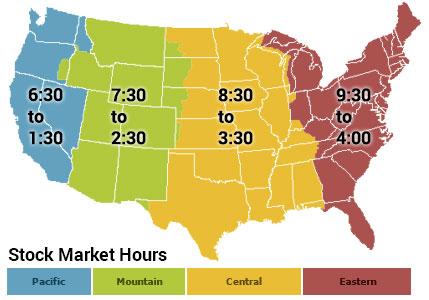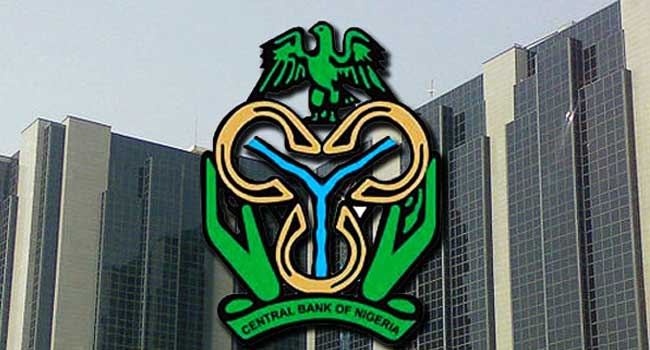The Federal Government will soon start sourcing foreign exchange (forex) from Dangote Group, as soon as the latter’s refinery, petrochemicals and fertilizer projects come on stream.
This potential reversal of roles was disclosed by the Central Bank Governor, Mr. Godwin Emefiele, after he spent over four hours touring the ongoing Dangote Refinery, Petrochemicals, Fertilizer projects and Dangote deep-water jetty at the weekend.
Emefiele toured the project sites in the company of the President/CE of the Dangote Group, Aliko Dangote; Deputy Governor of the CBN, Aishah Ahmad; Group Managing Director, Dangote Industries Limited, Mr. Olakunle Alake; Group Executive Director of Dangote Industries, Mr. Devakumar Edwin; and the Managing Director of Guaranty Trust Bank, Mr. Segun Agbaje.
The CBN governor premised his comment on the huge forex earnings that are expected to accrue from the export of the petrochemical and fertilizer products from the Dangote refinery and fertilizer plants by the time the fertilizer plant begins operations in May this year, and the refinery takes off as planned in 2020.
Mr. Emefiele, who commended Aliko Dangote for the volume of work done on the Dangote projects since his last visit over two years ago, also enthused that the refinery and fertilizer projects would help Nigeria to create thousands of Jobs and check importation of fuel by the federal government; thereby saving government huge amounts of forex currently being spent on fuel import.
He added that about 55 to 60 per cent of Nigeria’s spending on foreign exchange for the importation of petroleum products and food items would be saved when the Dangote Refinery come on stream. Emefiele said one third of Nigeria’s spending on forex will also be retained when the Dangote Refinery is completed.
Emefiele described the Dangote Refinery as transformational project for Nigeria, which totally keys into the objectives of President Muhammadu Buhari on self-sufficiency in petroleum products, conservation of forex and diversification of the economy. “I am sure by that time, the CBN will be begging Dangote to sell its dollars to the bank,” he said.
He noted that the completion of the refinery would make Nigeria self-sufficient in the production of refined products and also make the country to be among the league of exporters of petroleum products.
Emefiele declared the CBN’s support to any company or individuals who are ready to invest in the transformation of the Nigeria economy. “We are ready to support in Naira and also ready to provide foreign exchange for any investor who is ready to support Nigeria’s transformational agenda.
“I use this opportunity to repeat that we are ready to support any individual like Aliko Dangote who is willing to invest in this country. We will continue to support companies that display the determination to support the CBN. I feel so delighted and I am happy this is happening in my own life-time and I am sure you are all so happy.”
Speaking also, President, Dangote Group, Aliko Dangote, said the project would definitely transform the Nigerian economy. “We have a couple of projects at hand and we will continue with these transformative projects. The biggest problem we have in Nigeria is that we currently import more than we produce like any other African countries. But, by the time we finish our fertilizer plant, Nigeria will be the largest exporter of fertilizer in Africa. We will also be the largest exporter of petrochemicals and the largest exporter of petroleum products in the whole of Africa. This is a major transformation.”
He said the 3billion Standard Cubic Feet gas pipeline and other Dangote Projects are geared towards Nigeria’s economic transformation.
Dangote commended CBN for its moral support to the refinery project. “There are lots going on in Nigeria. We want the CBN to support us like what it did in cement sector, which made Nigeria not only self-sufficient in the production of cement, but it became an exporter of the product. Today, Nigeria will not even import cement because we no longer have capacity for importation of cement,” he added.
In a presentation made to the CBN governor, Group Executive Director at Dangote Industries Limited, Devakumar Edwin, disclosed that the company’s target is for a significant portion of Nigeria’s crude oil production to be refined domestically, rather than imported, thereby creating jobs within Nigeria, and bringing a halt to the current importation of refined petroleum product.
Edwin said the refinery is going to provide over 100,000 indirect employment through retail outlets. He said the refinery is designed to meet Euro V grade, which is the highest standard in the world, hence products can be exported to any part of the world.
“It will be well diversified and able to process Nigerian crude, African crude and crude from other parts of the world. In terms of evacuation routes, two crude oil single point mooring (SPM) buoys and three multi-product SPMs will be located within the Atlantic Ocean to transfer crude oil to a calling tanker.
“The 2-Line Dangote Fertilizer Complex, consisting of Ammonia and Urea plants, is conceived to be one of the world’s largest fertilizer plants with a total capacity of 3 Million Tonnes per Annum of Urea fertilizer. Therefore, the Dangote Fertilizer is positioned to bridge the gap between local demand and national capacity. Dangote Fertilizer Plants will produce Urea that will assist farmers boost their crop yields through easy access to fertilizer,” he added.


